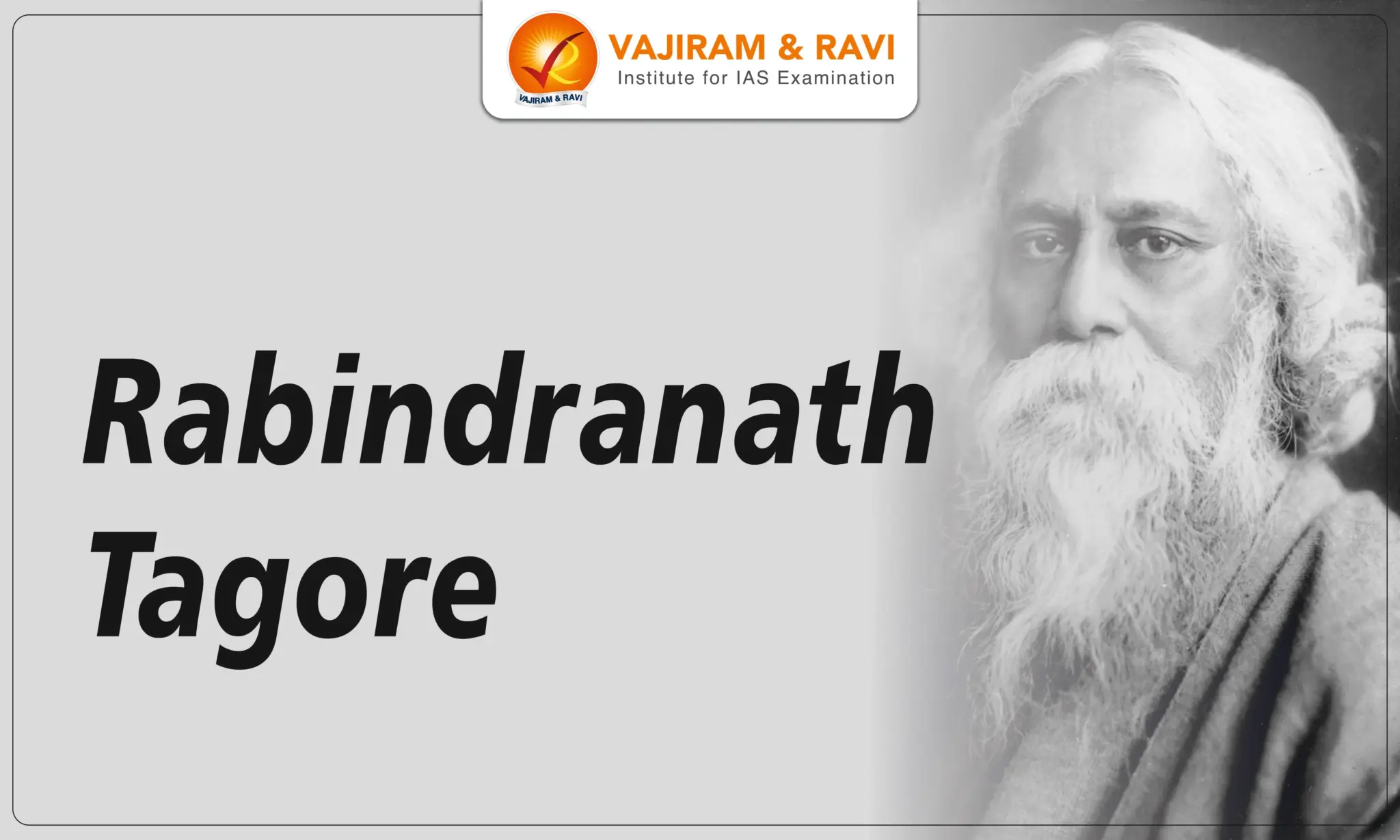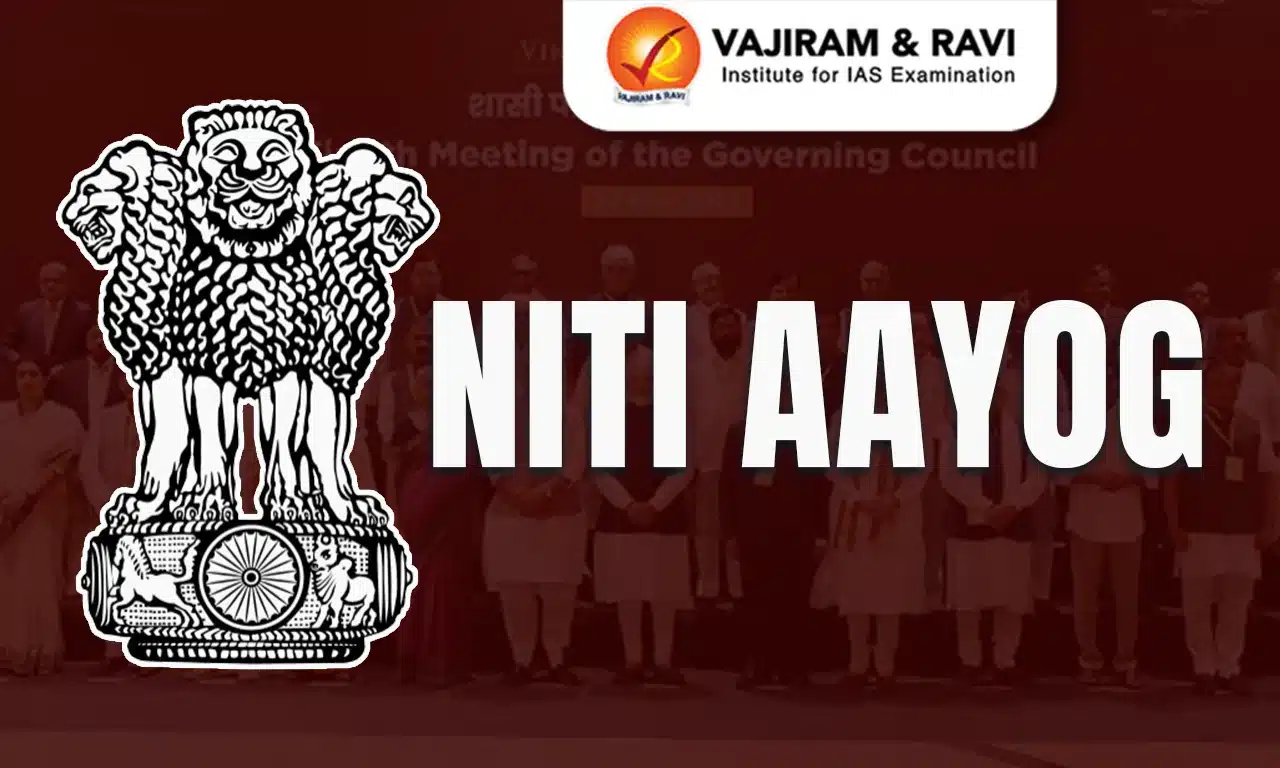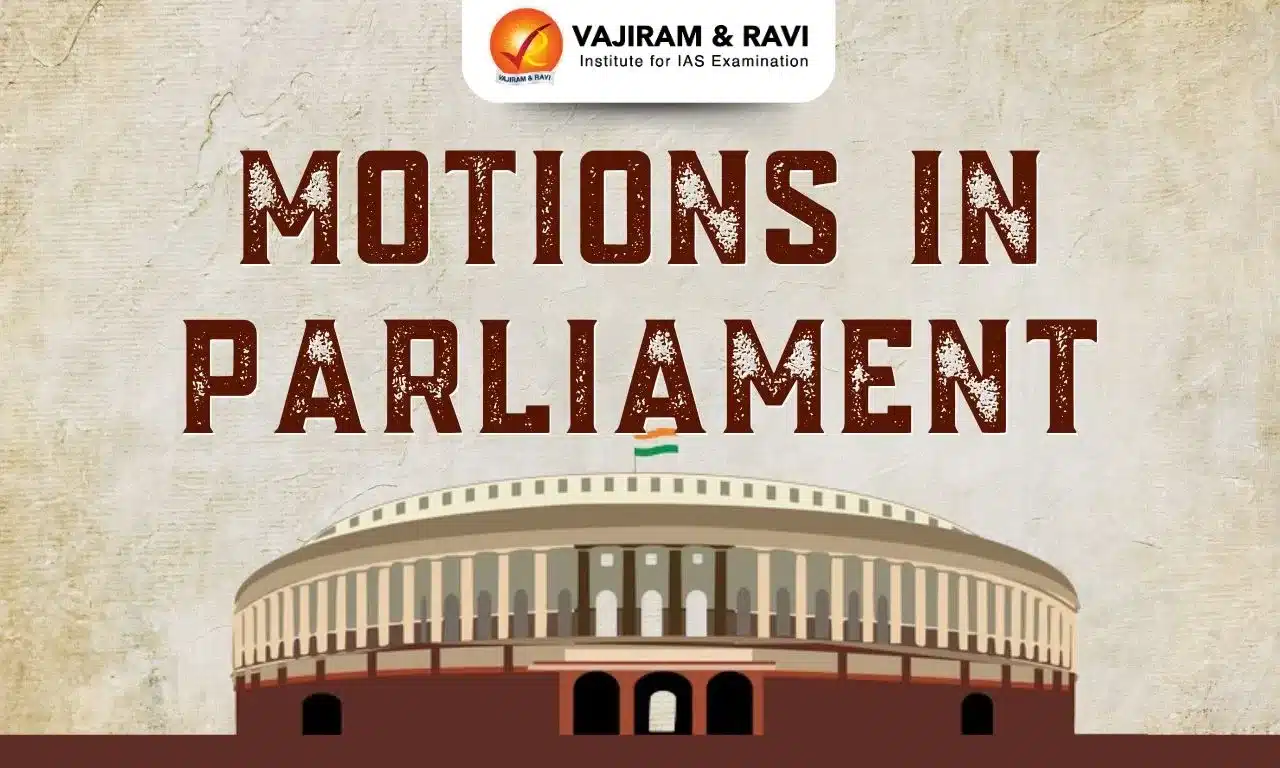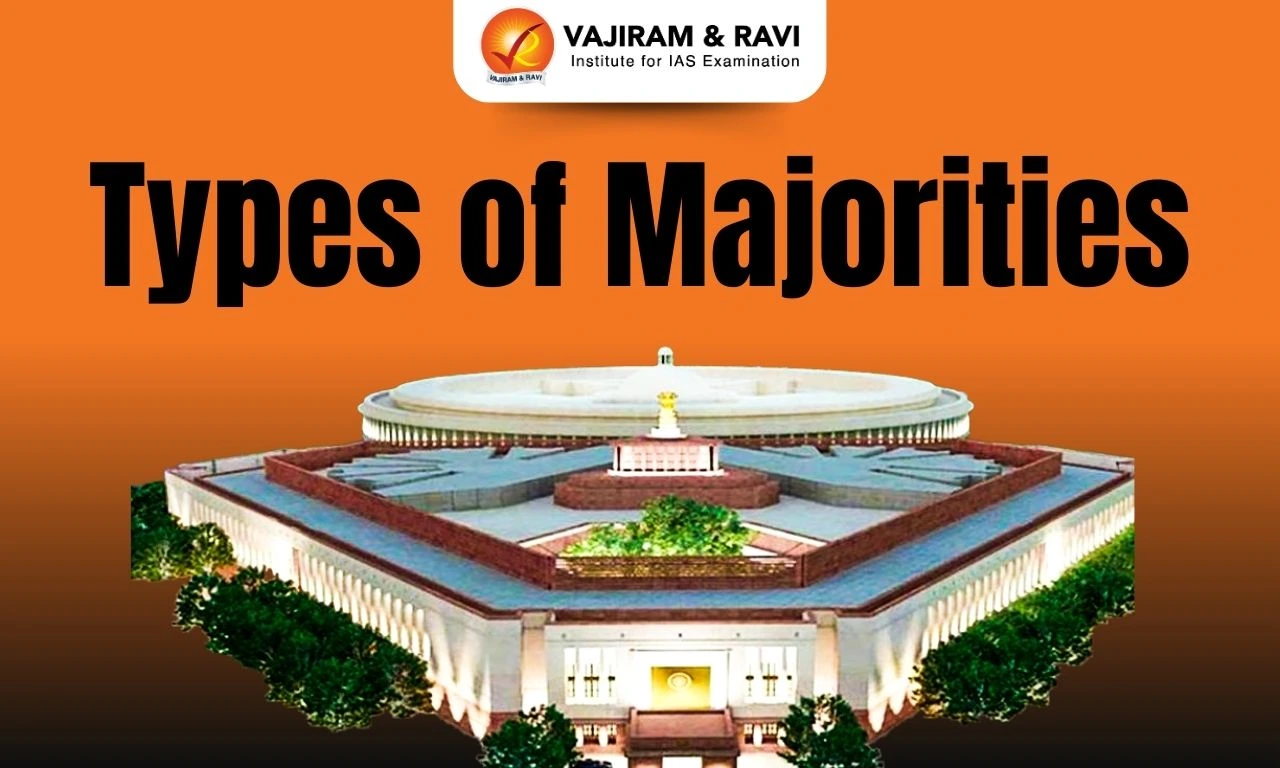Rabindranath Tagore was a multifaceted Bengali poet, playwright, composer, philosopher, social reformer, and painter, renowned for his pivotal role in the Bengal Renaissance. He significantly transformed Bengali literature and music and played a crucial role in Indian art, introducing Contextual Modernism during the late 19th and early 20th centuries. Tagore's poetry, especially his acclaimed work Gitanjali, is celebrated for its profound sensitivity and beauty.
In 1913, he made history as the first non-European to win the Nobel Prize in Literature, marking a significant milestone in literary achievement. Tagore, affectionately known as "the Bard of Bengal," held several accolades, including being a fellow of the Royal Asiatic Society, and earned the titles Gurudev, Kobiguru, and Biswokobi for his contributions.
Rabindranath Tagore Early Life and Education
Rabindranath Tagore was born on May 7, 1861, in Calcutta, into an affluent and culturally active family. He was the youngest of 13 children born to Debendranath Tagore, a leading figure in the Brahmo Samaj, and Sarada Devi. Tagore received early education at home, with his family emphasizing literary and cultural learning. He attended several schools, including a stint at the University College London, though he did not complete formal schooling. Influenced by his family’s intellectual environment, he developed an early interest in literature, music, and art, which shaped his future contributions.
Rabindranath Tagore Major Contributions
Rabindranath Tagore's contributions spanned various fields, including literature, education, art, and social reform. His literary works, characterized by their lyrical beauty and profound insights, reshaped Bengali literature and earned him global acclaim.
- Two of his most notable songs, "Jana Gana Mana" and "Amar Shonar Bangla," were adopted as the national anthems of India and Bangladesh, respectively.
- He established Visva-Bharati University, promoting a holistic and experiential learning approach that emphasized creativity and cultural exchange.
- In addition, Tagore was also a prolific artist whose paintings and drawings garnered significant recognition. He produced over 2,500 works of art, exploring themes of nature, spirituality, and human emotion.
- Although a nationalist, Tagore had a global vision and advocated for universal human values. He criticized narrow nationalism and sought to promote global peace, unity, and cooperation.
Rabindranath Tagore Approach to Education
Tagore's approach to education was fundamentally holistic, emphasizing the development of the whole person. He believed that education should nurture students' physical, emotional, and intellectual growth. For Tagore, learning transcended traditional classroom boundaries, extending into the natural environment to create a richer educational experience.
- He encouraged self-expression through art forms such as music, dance, drama, and painting, fostering a love for learning that was both innovative and liberating.
- Tagore's perspective on education was also cosmopolitan, aiming to nurture a global outlook among students. For this, he founded Visva-Bharati University to blend Indian traditions with international values.
Rabindranath Tagore Shantiniketan
Shantiniketan (Birbhum district of West Bengal) is a culturally significant neighbourhood known for its historical and educational importance. It was founded by Maharshi Debendranath Tagore in 1863 and later developed by his son, Rabindranath Tagore, who established the renowned Visva-Bharati University there. This area is recognized as a UNESCO World Heritage Site as of 2023, celebrating its unique blend of art, culture, and education
- In 1901, Rabindranath Tagore transformed Shantiniketan into an experimental school based on his philosophy of open-air education, a model that opposed rigid colonial education and instead promoted creativity, freedom, and connection with nature.
Rabindranath Tagore Role in Freedom Struggle
Tagore was a vocal opponent of imperialism and expressed his support for Indian nationalists. However, he was critical of the Swadeshi movement, openly challenging it in his sharp 1925 essay, The Cult of the Charkha. Tagore resisted the more extreme nationalist sentiments within the independence movement, advocating for India's right to independence while also emphasizing the value of learning from other cultures.
- He composed songs that celebrated the Indian independence movement, with notable politically charged pieces like Chitto Jetha Bhayshunyo (Where the Mind is Without Fear) and Ekla Chalo Re (If They Answer Not to Thy Call, Walk Alone), the latter being a favourite of Mahatma Gandhi.
- While he was a vocal critique of Gandhian methods, Tagore played a significant role in mediating a dispute between Gandhi and B.R. Ambedkar over the issue of separate electorates for untouchables.
- In a strong protest against the Jallianwala Bagh massacre in 1919, Tagore renounced his knighthood.
Rabindranath Tagore Literature
Rabindranath Tagore’s literary works are celebrated for their lyrical beauty, emotional depth, and philosophical richness. As a poet, novelist, and playwright, he reshaped Bengali literature and established a unique voice that resonated with both Indian and global audiences.
- Poetry: Tagore's poetry includes renowned collections such as Gitanjali, Manasi, Sonar Tari, Gitimalya, Balaka, etc.
- Gitanjali earned him the Nobel Prize in 1913.
- Novels: His novels, including Gora, Ghare-Baire, and Chokher Bali, delve into themes of identity, nationalism, and social reform.
- Dramas: Tagore wrote several impactful dramas such as Kal-Mrigaya, Mayar Khela, Visarjan, Valmiki-Pratibha, and Muktadhara, which address social issues and human emotions through a blend of poetic and theatrical expression.
- Tagore was a prolific short-story writer, and his collections like Galpaguchchha offer profound insights into the everyday lives of ordinary people.
Rabindranath Tagore Legacy
Tagore's legacy is enduring, with his contributions shaping India’s cultural, educational, and intellectual landscape. His influence on literature and music in Bengal is unparalleled, and his compositions continue to inspire many generations. The establishment of Visva-Bharati University, now a central university, stands as a testament to his vision of education as a means for global understanding and harmony. Tagore’s ideals of universal humanism, which transcend boundaries of nationality and religion, continue to resonate with thinkers worldwide.
Rabindranath Tagore UPSC PYQs
Q) What was the difference between Mahatma Gandhi and Rabindranath Tagore in their approach towards education and nationalism? (UPSC Mains 2023)
Last updated on March, 2026
→ UPSC Notification 2026 is now out on the official website at upsconline.nic.in.
→ UPSC IFoS Notification 2026 is now out on the official website at upsconline.nic.in.
→ UPSC Calendar 2026 has been released.
→ UPSC Final Result 2025 is expected to be released soon.
→ Check out the latest UPSC Syllabus 2026 here.
→ Join Vajiram & Ravi’s Interview Guidance Programme for expert help to crack your final UPSC stage.
→ UPSC Mains Result 2025 is now out.
→ UPSC Prelims 2026 will be conducted on 24th May, 2026 & UPSC Mains 2026 will be conducted on 21st August 2026.
→ The UPSC Selection Process is of 3 stages-Prelims, Mains and Interview.
→ Prepare effectively with Vajiram & Ravi’s UPSC Prelims Test Series 2026 featuring full-length mock tests, detailed solutions, and performance analysis.
→ Enroll in Vajiram & Ravi’s UPSC Mains Test Series 2026 for structured answer writing practice, expert evaluation, and exam-oriented feedback.
→ Join Vajiram & Ravi’s Best UPSC Mentorship Program for personalized guidance, strategy planning, and one-to-one support from experienced mentors.
→ Check UPSC Marksheet 2024 Here.
→ UPSC Toppers List 2024 is released now. Shakti Dubey is UPSC AIR 1 2024 Topper.
→ Also check Best UPSC Coaching in India
Rabindranath Tagore FAQs
Q1. What was Rabindranath Tagore famous for?+
Q2. How many national anthems were written by Rabindranath Tagore?+
Q3. What is the nickname of Rabindranath Tagore?+
Q4. Which is the famous work of Tagore?+
Q5. Did Tagore call Gandhi Mahatma?+
Tags: quest rabindranath tagore














